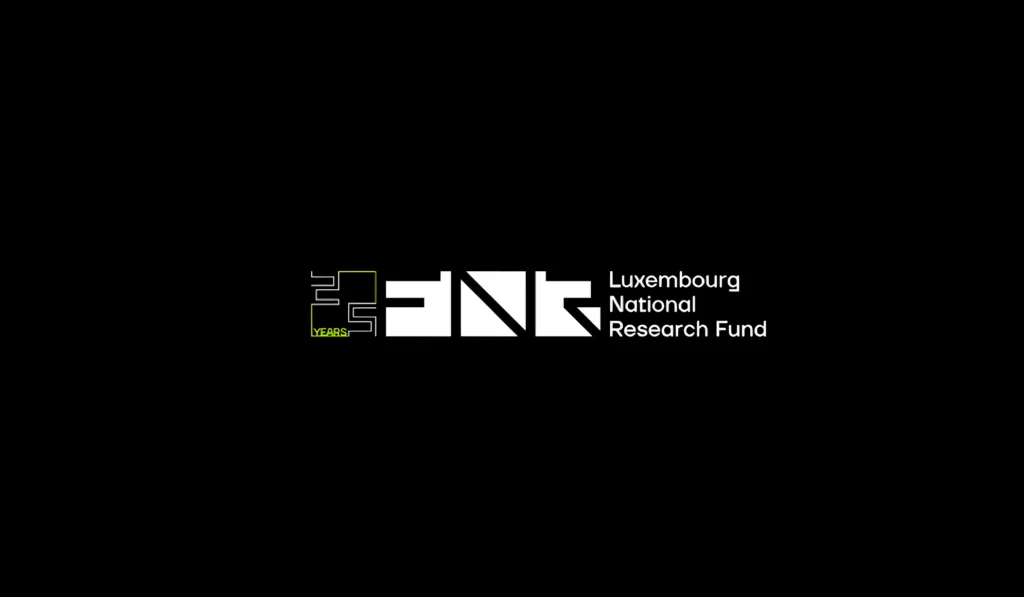Smaller groups are already supporting what the bigger university research initiatives are doing in the QC ecosystem

Grassroots
In one of my latest articles published in TQD, I covered the QC initiative at The University of Maryland called the Quantum Technology Center. Like others started by universities and places of higher learning around the globe, they will be crucial for the future dissemination and circulation of knowledge of QC to the mass populous , as well as — which in some ways will be even more crucial — the training of future professionals within the industry.
But for QC to really become what we all know it can will take much more than that. Grassroots movements will be as important, too.
But what do we mean by grassroots movements?
Grassroots in this context means initiatives and groups evolving from the ground up. This could come about in a number of ways: internet and FaceBook groups, face-to-face meetups of like-minded individuals (though in the times of Covid-19 this could be a challenge), old-style forums and GitHub groups. And they’re already happening, thankfully.

One such initiative is QWorld, a not-for-profit network of like-minded individuals. Founded in July 2019, QWorld’s goal is:
to have an open access and public global ecosystem for quantum technologies and quantum software by the year 2025 so that each interested hardworking individual, group, institute, or region can be easily part of the ecosystem
QWorld
The key to QWorld’s success is its QCousins program. QCousins are basically operational groups run in different countries/regions whose aim is to popularize, support and develop the already rising technology of quantum information science. With seven QCousins to date located in Latvia, Turkey, Hungary, the Balkans, Poland, Russia, and Slovakia, it is clearly geographically Europe heavy at the moment. To become a QCousin, the potential candidate(s) must first start a ‘local team’ with at least two individuals interested in (i) teaching and popularizing science and technology and (ii) organizing and leading academic and public workshops while accepting the QCousins’ code of ethics.
At the moment, QWorld’s coordinators are Maksims Dimitrijevs (QLatvia), Paweł Gora (QPoland) and Zoltán Zimborás (QHungary).
The QWorld website is well-designed and expansive and is the gateway to QWorld’s offerings. Some other initiatives they run are as follows:
QWomen@İstanbul — ‘the first local community under QWomen whose aim is to share knowledge, learn and inspire one another and to involve more women in the area of quantum technologies’.
QJunior — ‘whose target groups are teenagers called QJuniors and (high or elementary) school teachers called QTeachers’.
QSemester — ‘an academic challenge to design an undergraduate level semester on quantum computation and the ongoing developments in quantum technologies and quantum software’.
QWorld also offers events, projects, mentor training, webinars and a blog.

It is quite clear what QWorld is doing will be followed by others in the near future. This can only be a good thing. With more people finding out, becoming interested and then involved in QC, it is simply a matter of time before it becomes a full-blown industry with successful use cases of its implementation and professionally trained people able to conduct the research and design the hardware and software.
And QWorld and many like it have a big part to play in this scenario.















